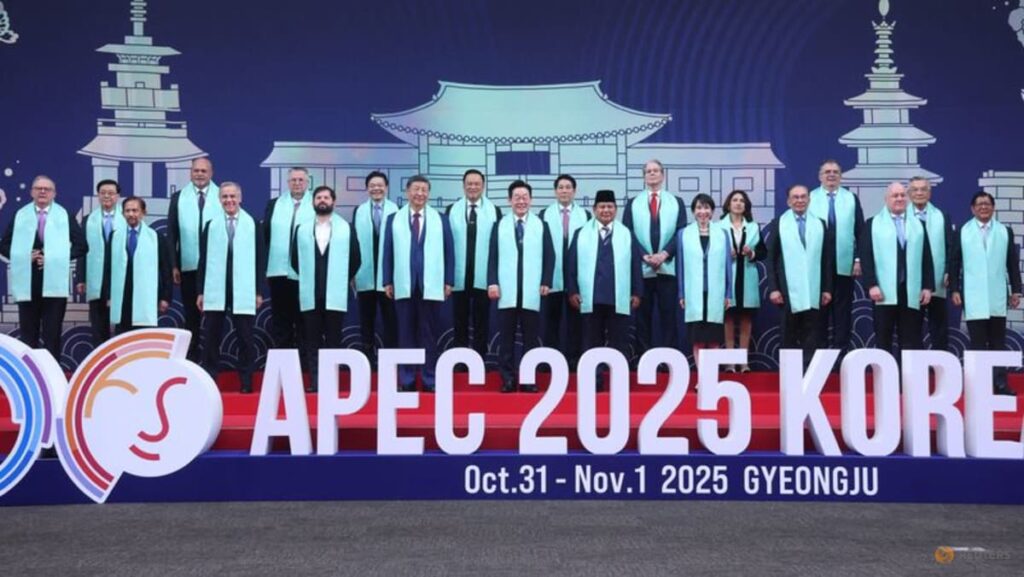AVOIDING A DECISION FORK
Being forced to choose one superpower over the other, the US or China, is Seoul’s biggest grand strategy headache. If South Korea had no choice – if it were forced to choose by a Sino-American war, for example – it would likely choose America. But that would antagonise China, and if the US were to ever retrench from East Asia, South Korea would be left exposed to a large, angry China.
To forestall this outcome, Mr Lee, as a presidential candidate earlier this year, said that South Korea should not participate in a regional conflict over Taiwan. That provoked a sharp backlash in the US, and Mr Lee has been trying to navigate these rocky shoals ever since.
He has done a remarkable job. By not overtly committing to the US, he has mollified China enough to retain some manoeuvring room for South Korea.
Japan, by contrast, has less room because it is publicly aligned with the US on Taiwan. In 2021, a joint statement by then Japan Prime Minister Yoshihide Suga and US President Joe Biden reaffirmed “the importance of peace and stability across the Taiwan Strait”. Sino-Japanese relations are unsurprisingly tense.
WHAT SOUTH KOREA CAN GET FROM CHINA
As a liberal democracy, South Korea is ideologically more compatible with US alignment. The South Korean public strongly supports the US alliance and is fairly hostile to China. Mr Lee has contested this anti-China drift, and Mr Xi “rewarded” him at APEC by vowing to strengthen economic cooperation.
But the larger question is whether Mr Xi is prepared to make strategic, rather than minor economic concessions to South Korea in order to keep it less aligned with the US than Japan or Taiwan are.
https://www.channelnewsasia.com/commentary/apec-trump-xi-meeting-lee-south-korea-us-china-5453126


